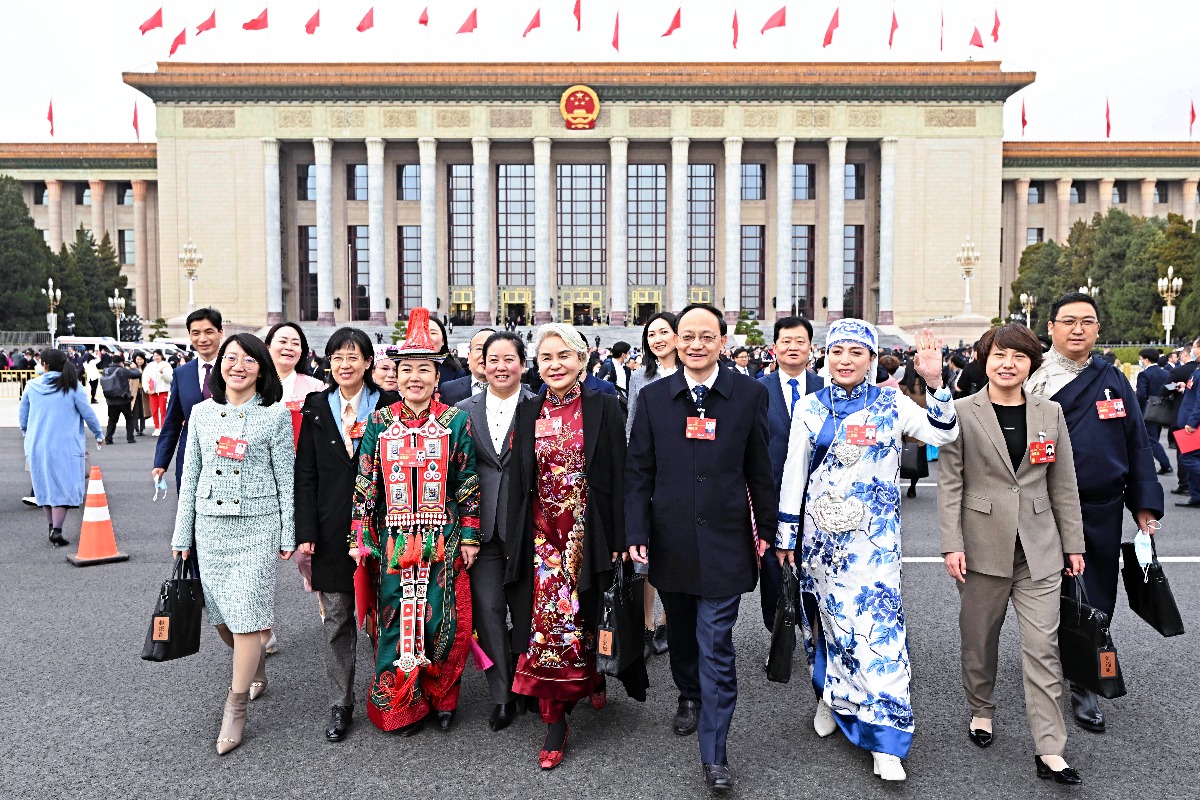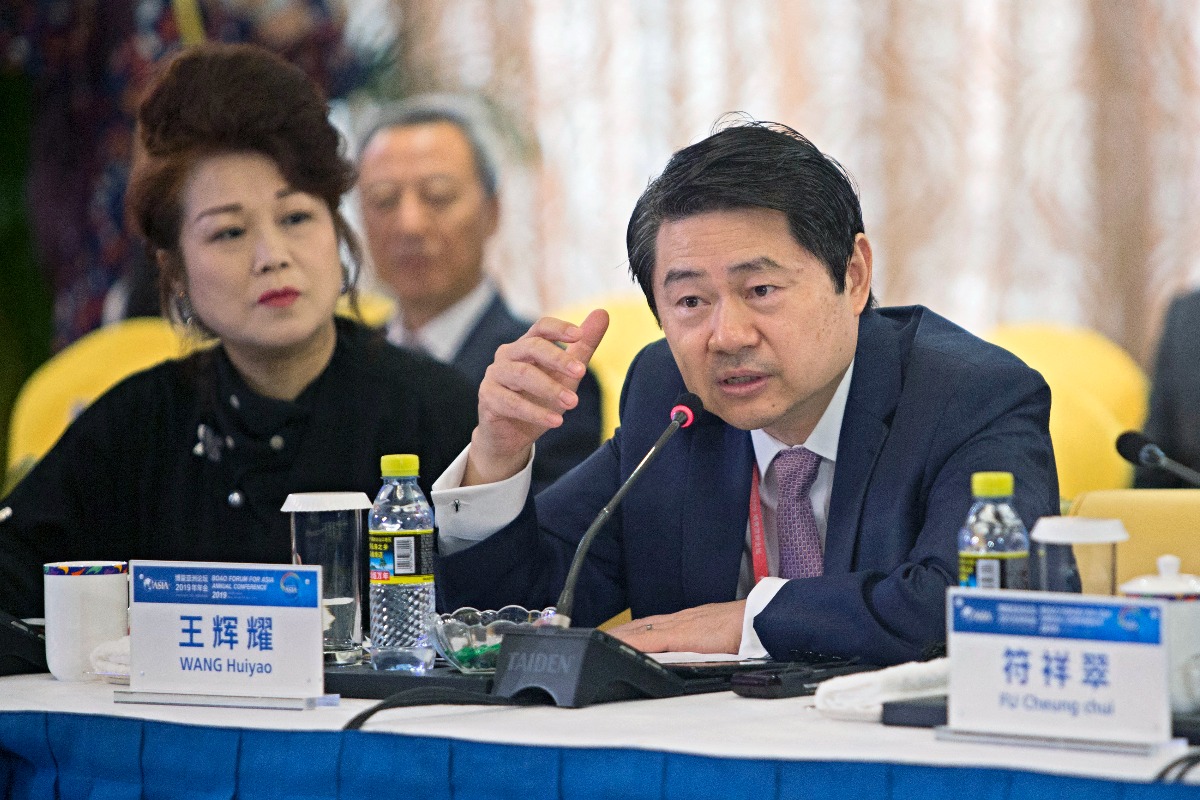
The opinion piece, published in the South China Morning Post, was written on the occasion of the Munich Security Conference to highlight the divergence between the narratives of the Western political elite and the rest of the world. Moreover, Wang points out that the Western public does not necessarily welcome the bloc-building along the lines of political systems (democracy versus autocracy).
Wang, who addressed the Magyar Nemzeti Bank's Eurasia Forum in Budapest two times, notes that in the wake of Russian aggression against Ukraine and the "Chinese threat", the West has awakened to a new sense of mission: to draw a line between democracies and autocracies. However, this interpretation of global processes does not align with the emerging countries' understanding or even reality.

